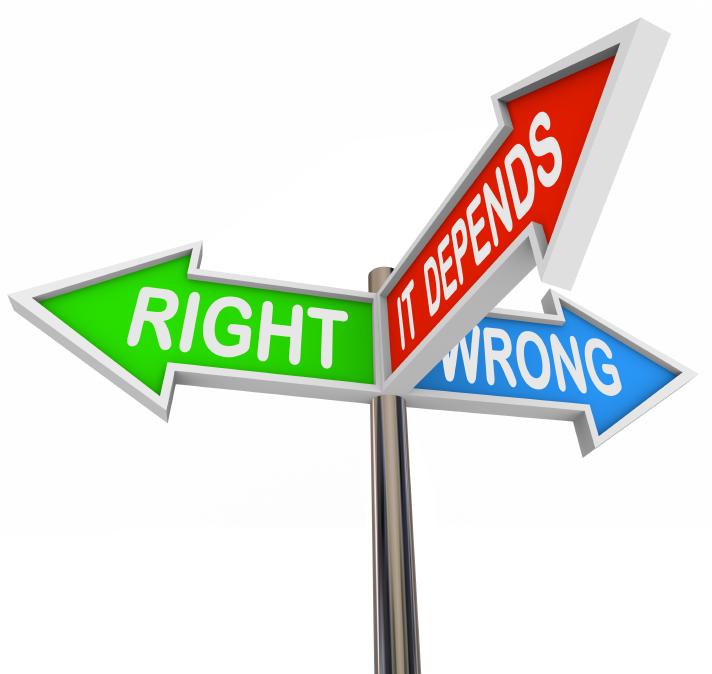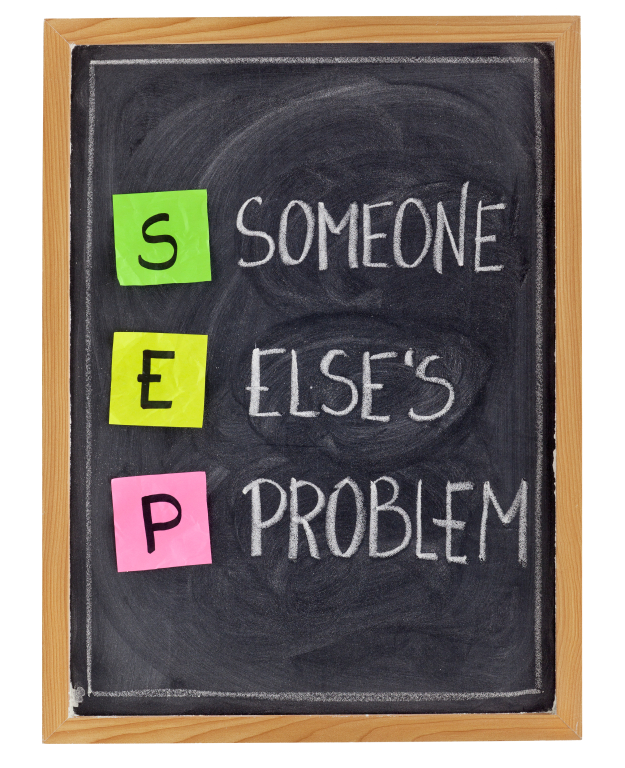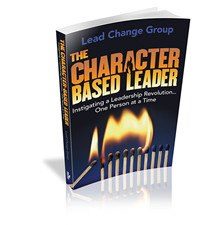Today I visited with a neighbor that was emphasizing how much the company her husband works for values integrity.

As she shared her thoughts I imagined the difference between the list of core values that hang on walls and collect dust, and those that are used to guide decisions.
She went on to share a story about a compound that the company had decided they would not continue to use for their expat’s housing because of extraordinary cost.
The first thing the company did was to decide that anyone that was already living there could stay.
- (A choice that will cost the company a few extra dollars but prevents unnecessary stress on families. And keeps their workers more focused on their jobs.)
The second decision came when a new executive moved to the area and insisted on living in that compound.








